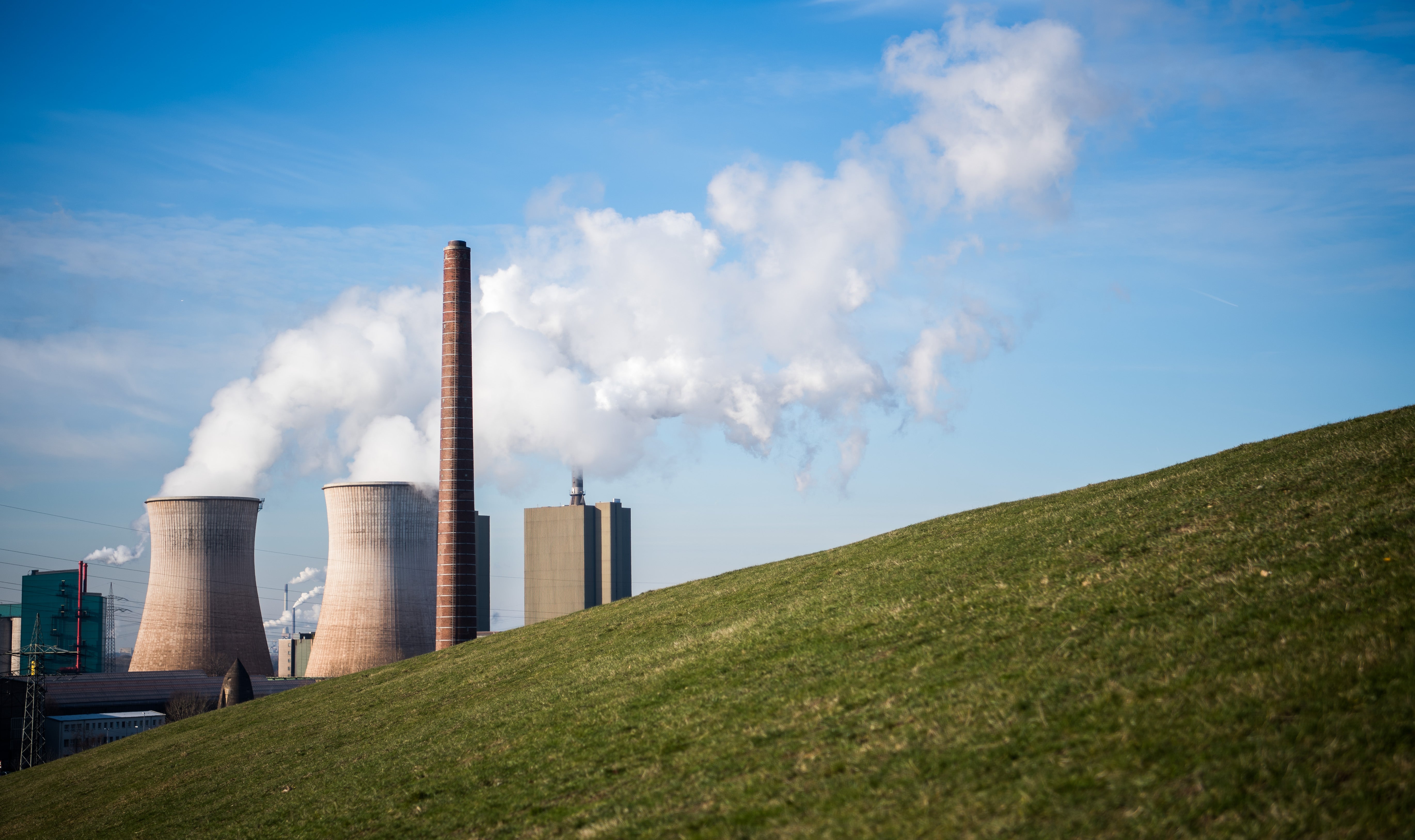EU greenhouse gases above pre-Covid pandemic levels
Emissions in the last quarter of 2021 were slightly above the pre-pandemic value for same time period in 2019

Greenhouse gas emissions linked to the European Union’s economy rose above pre-pandemic levels in the last few months of 2021.
Emissions totalled more than a billion tonnes of CO2-equivalents in the last three months of 2021, slightly above the pre-pandemic value for same time period in 2019, according to an analysis by Eurostat, the statistical office of the EU.
The pandemic’s seismic effect on travel, logistics, and various other sections of the economy saw emissions plunge.
A spokesperson said: “EU economy greenhouse gas emissions in the fourth quarter of 2021 increased by per cent compared with the same quarter of 2020.
“This increase is largely due to the effect of the economic rebound after the sharp decrease of activity in 2020 due to the Covid-19 crisis.”
In the fourth quarter of 2021, the economic sectors responsible for most emissions of greenhouse gases were households (22 per cent), manufacturing and electricity supply (both 21 per cent), followed by agriculture (12 per cent) and transportation and storage (11 per cent).
Greenhouse gas emissions in all sectors increased compared with the same period of 2020, with the highest increases recorded in transportation and storage (+18 per cent), mining (+1 per cent) and electricity supply (+10 per cent).
However, Eurostat states that tespite the effect of the economic rebound between the same quarters of 2020 and 2021, the long-term trend of EU greenhouse gas emissions displays a steady reduction.
In March a study found net zero carbon emissions can be achieved by 2050 without harming economic growth.
Many countries are pursuing net zero emissions in line with the 2015 Paris Agreement, which aims to limit global temperature rises to 1.5C.
The new study published by Oxford University Press used energy system and macroeconomic models to explore how these objectives could be reached and whether achieving them is possible with continuing economic growth through to 210
Join our commenting forum
Join thought-provoking conversations, follow other Independent readers and see their replies
Comments
Bookmark popover
Removed from bookmarks